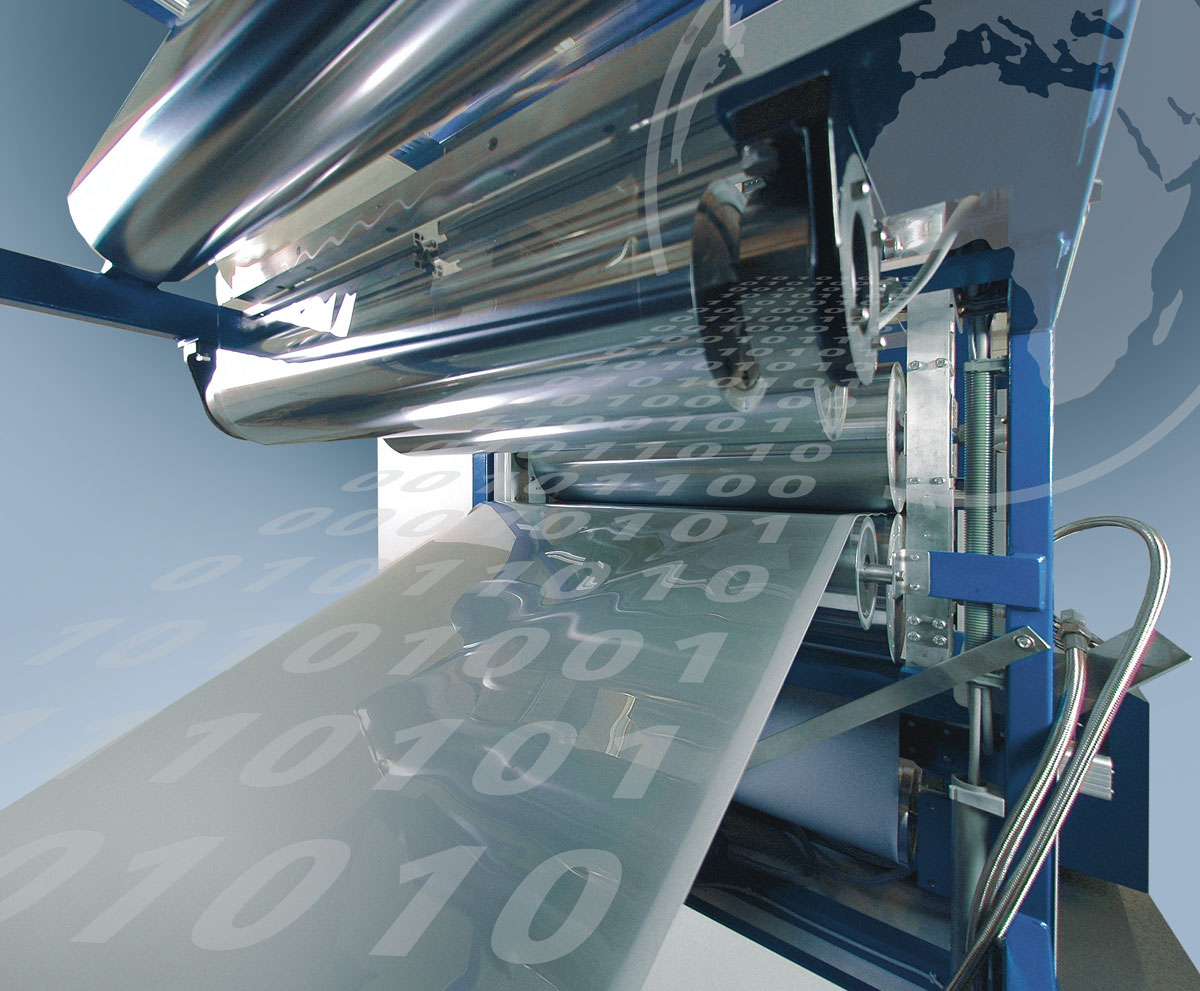
Germany's location factors appear to be deteriorating in international comparison, at least if current press reports are to be believed. Germany now also only ranks in the middle in terms of innovative capacity. The only question is: How do we react to this? Do German entrepreneurs relocate their production to countries with seemingly better short-term framework conditions or do they actively work to improve the framework conditions at the German site and thus also their own position? Data room initiatives pursue the clear goal of creating fitness programmes for the digitalization of German manufacturing SMEs and thus strengthening Germany as a site overall.
Product service systems
Simply supplying or operating highly productive and reliable machines, systems or components will no longer be sufficient as a differentiating feature and basis for business success in the future. There is a paradigm shift from selling products to selling benefits, so-called product service systems (PSS), which create new added value and secure or create future-proof jobs for highly qualified employees.
In addition to traditional hardware-related competencies, factory operators and their suppliers must quickly learn and master comprehensive competencies in order to be able to implement and use new methods and tools such as Gaia-X, platforms and data ecosystems, data security and sovereignty, etc. in a beneficial way.
None of this will be successful on its own: The knowledge gap that actually exists can only be closed in cooperation with like-minded partners. The secure exchange of data promotes cooperation and innovation within the ecosystem and thus enables new business models to be implemented economically that were previously unprofitable. The basis of such a data ecosystem is secure, open and transparent access to data for all ecosystem participants.
Fraunhofer IOSB is working in various data room projects on specific solutions for cross-company data exchange and on applications for using this data in value creation networks.
 Fraunhofer Institute of Optronics, System Technologies and Image Exploitation IOSB
Fraunhofer Institute of Optronics, System Technologies and Image Exploitation IOSB